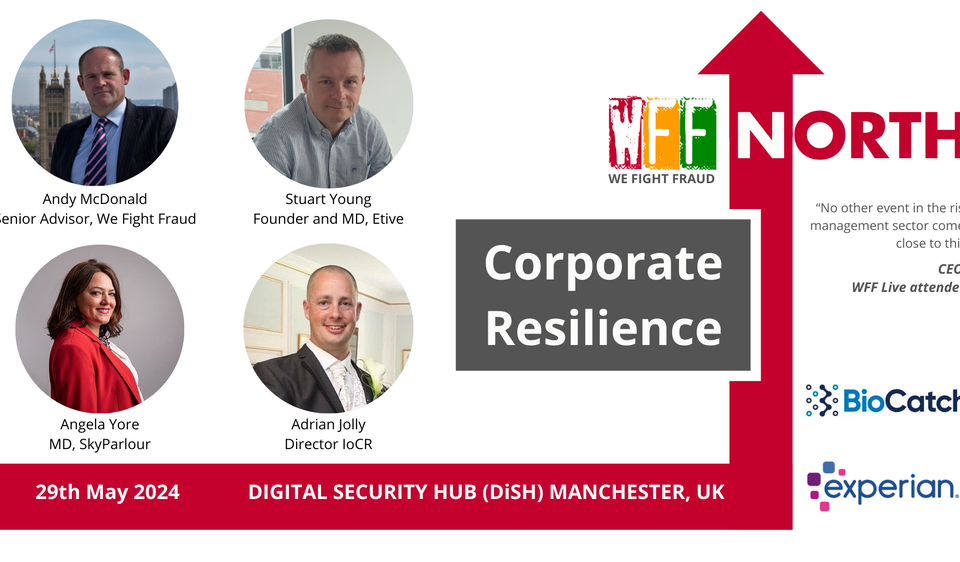
Government Digital Identity Conference London
GDS & Verify
In May there was a major Government identity conference highlighting the need for Gov.UK/Verify, the only legal standard of identity in the UK.
Speakers came from many different organisations discussing the challenges of identity and Verify. Nic Harrison, Director, Service Design and Assurance at the GDS, highlighted that Verify is on a respectable growth trajectory when compared to similar schemes in places like Canada and Scandinavia. “It takes many national ID systems up to five to six years to get a 50% adoption” he said.
“The fact that Verify is used by 8 Government Departments for 17 services and has six million transactions in government already – and will play a big part in the rollout of Universal Credit – means it has a very solid future,” he added.
Read more – Conference Details and Government Computing
Helping the ‘hard to reach’ with a digital identity
One of the panel discussions was around how to help the highest users of public services who lack a digital file gain a legal standard of identity. Could federated ID schemes be the only realistic way that so-called ‘thin file’ customers?
That is certainly the position of a number of practitioners, including Ian Litton, (Positive Attributes) former local government IT leader, who told delegates at the Think Digital Identity for Government that his experiences working with Digital Identity had left him with a belief that, “When it comes to helping thin file users, federated really does seem ideal – and on that basis, while I do agree it does need to change and it does need to develop, I would see GOV.UK Verify as the only game in town in terms of delivering it.”
Ian was speaking during a special panel discussion on the potential for Identity services in the UK public sector outside of central government, which so far has proven to be the primary adopter of the Verify ID assurance scheme.
“Federated Identity is a huge opportunity for cost savings in local government, and most of all for the thin file user,” said Stuart Young of Etive. Proving eligibility, streamlining processes and cutting fraud could all happen a lot easier for this class of user, argued Young, claiming 53% of fraud is identity-related.
Read more – Computer Weekly
NHS patients will use technology
So says Adam Lewis, Director, Citizen Identity & Personal Health Records at NHS Digital.
Adam also spoke at the Think Digital Identity for Government, where he spoke on how Identity is faring in the NHS context. Adam began by reminding delegates that the concept of an ‘Empowered Person’ is central to the Five Year Forward View plan for NHS renewal – a way for patients to quickly find people to help them.
And while the vast majority of users prefer face-to-face interactions to do this, “The problem is it’s expensive to work this way, and capacity is an issue.”
Clearly, digital needs to be there to help address these gaps, but the NHS knows that users will only do things like video consultations if they see it as a “desirable alternative” to going to their GP or A&E.
Read more Conference Details



